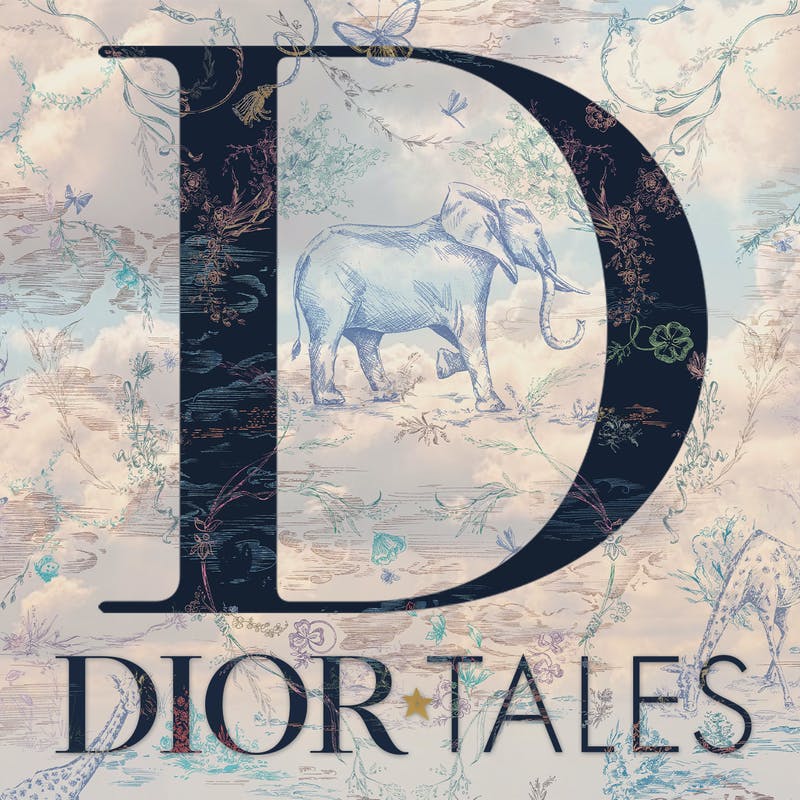Books of the Month | Month of the Books #17
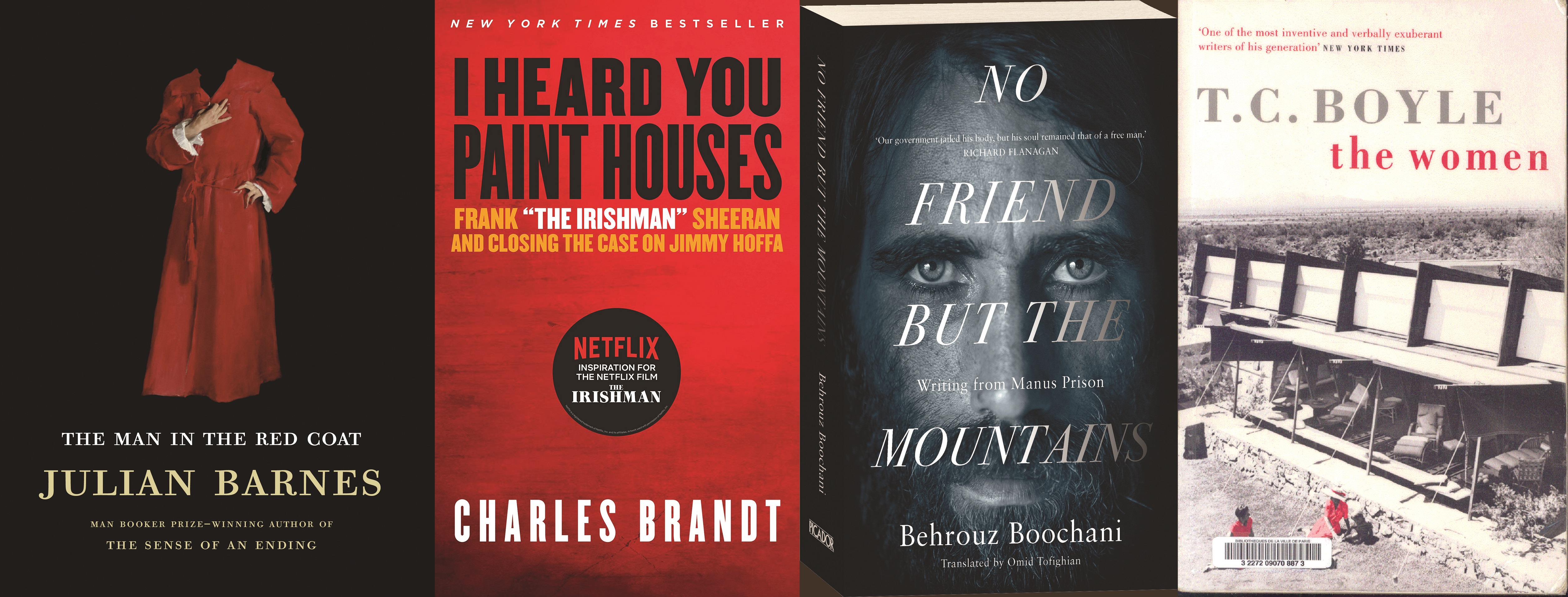
“THE MAN IN THE RED COAT”
by Julian Barnes
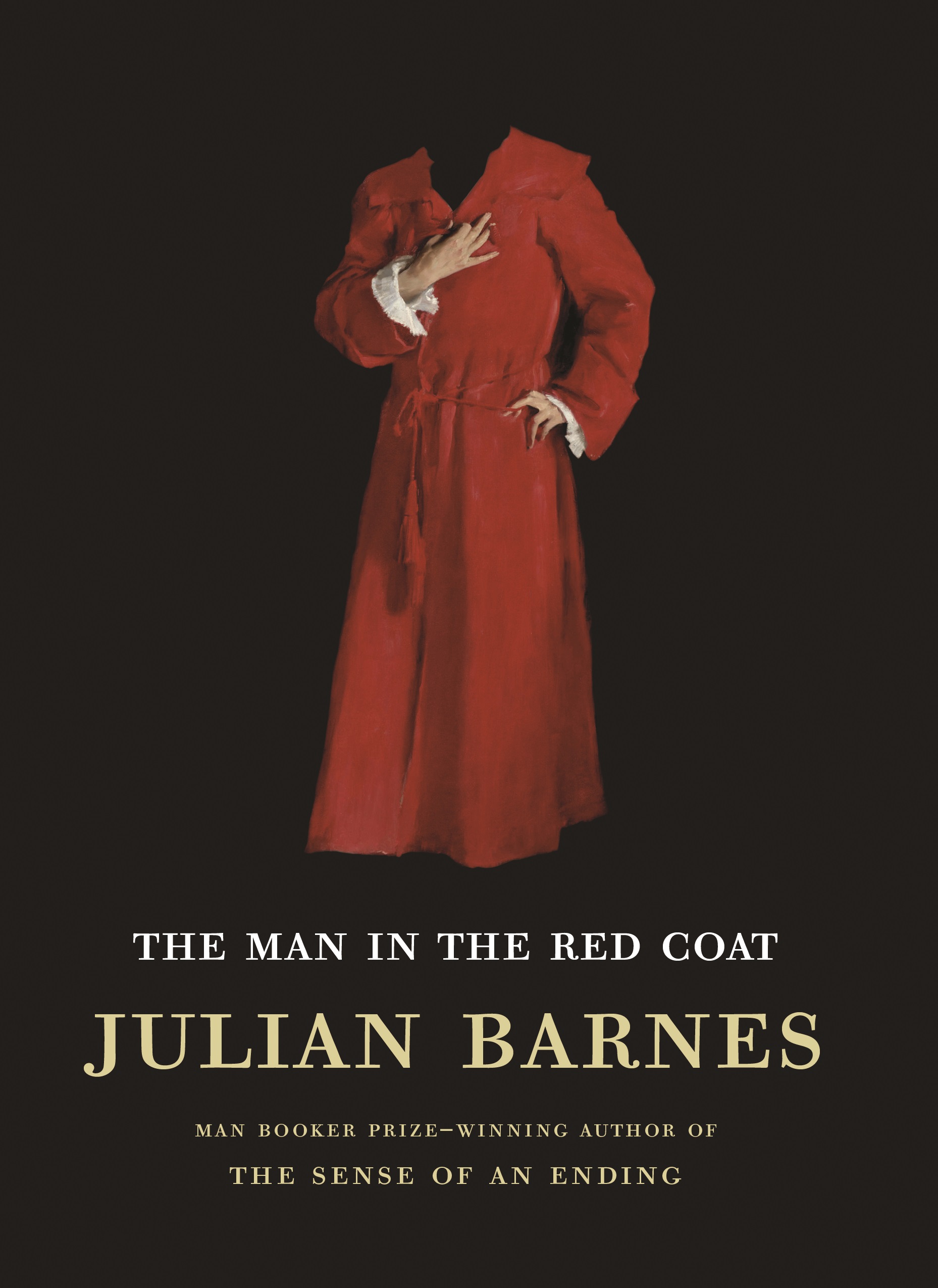
From the Man Booker Prize-winning author of “The Sense of an Ending” - a rich, witty, revelatory tour of Belle Époque Paris, via the remarkable life story of the pioneering surgeon, Samuel Pozzi.
“Chauvinism is one of the forms of ignorance.” - Dr. Samuel Pozzi (1846-1918)
In the summer of 1885, three Frenchmen arrived in London for a few days’ intellectual shopping: a prince, a count, and a commoner with an Italian name. In time, each of these men would achieve a certain level of renown, but who were they then and what was the significance of their sojourn to England? Answering these questions, Julian Barnes unfurls the stories of their lives which play out against the backdrop of the Belle Époque in Paris. Our guide through this world is Samuel Pozzi, the society doctor, free-thinker and man of science with a famously complicated private life who was the subject of one of John Singer Sargent’s greatest portraits. In this vivid tapestry of people (Henry James, Sarah Bernhardt, Oscar Wilde, Proust, James Whistler, among many others), place, and time, we see not merely an epoch of glamour and pleasure, but, surprisingly, one of violence, prejudice, and nativism—with more parallels to our own age than we might imagine. “The Man in the Red Coat” is, at once, a fresh portrait of the Belle Époque; an illuminating look at the longstanding exchange of ideas between Britain and France; and a life of a man who lived passionately in the moment but whose ideas and achievements were far ahead of his time.
ABOUT THE AUTHOR
Julian Barnes (1946) is the author of twentythree previous books, for which he has received the Man Booker Prize, the Somerset Maugham Award, the Geoffrey Faber Memorial Prize, the David Cohen Prize for Literature, and the E. M. Forster Award from the American Academy of Arts and Letters; the French Prix Médicis and Prix Femina; the Austrian State Prize for European Literature. In 2017 he was awarded the Légion d’honneur. His work has been translated into more than forty languages. He lives in London.
“I HEARD YOU PAINT HOUSES”
by Charles Brandt
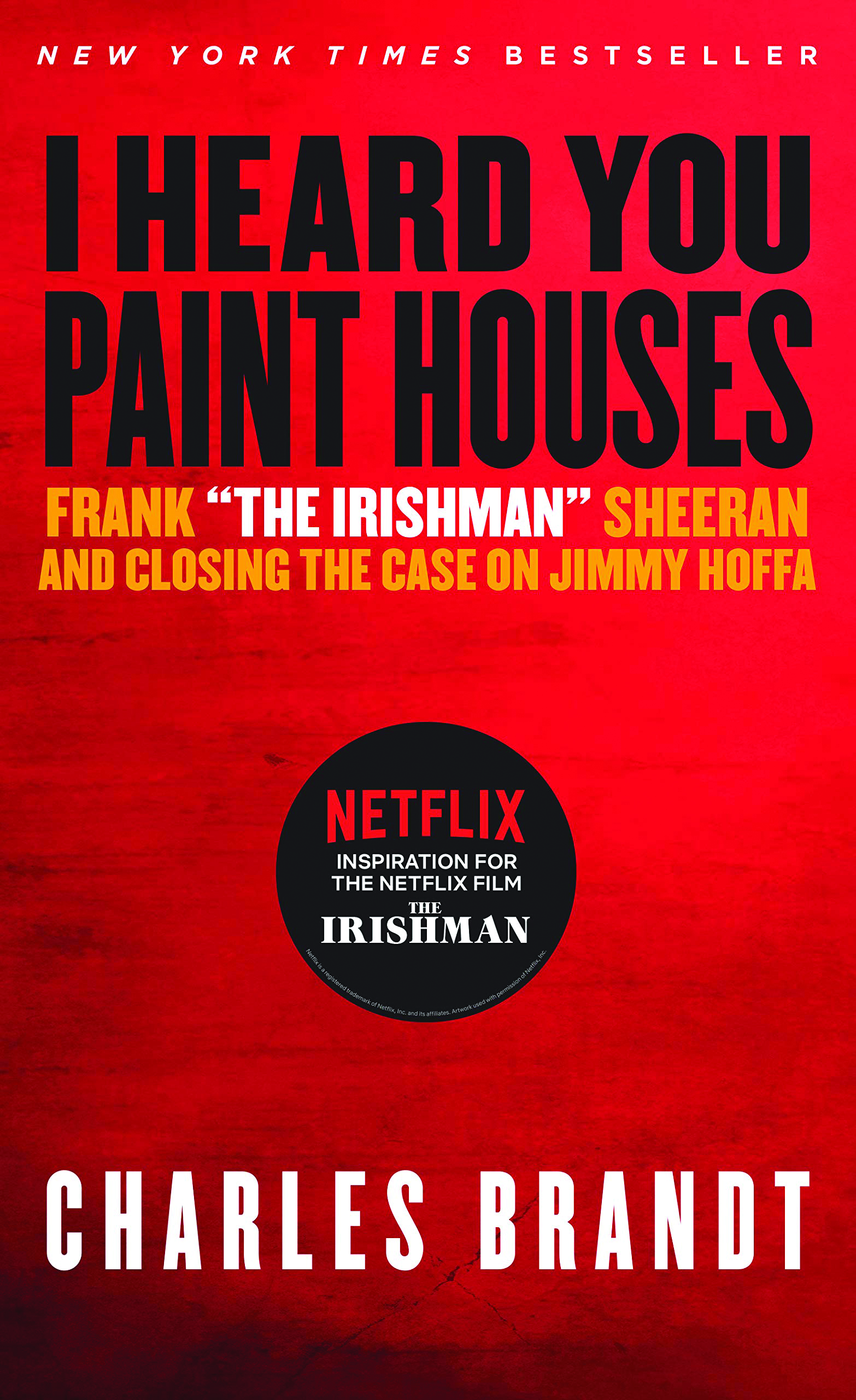
The inspiration for the major motion picture, THE IRISHMAN, 2019 American epic crime film directed and produced by Martin Scorsese, and starring Robert De Niro, Al Pacino and Joe Pesci.
“I heard you paint houses” are the first words Jimmy Hoffa ever spoke to Frank “the Irishman” Sheeran. To paint a house is to kill a man. The paint is the blood that splatters on the walls and floors. In the course of nearly five years of recorded interviews, Frank Sheeran confessed to Charles Brandt that he handled more than twenty-five hits for the mob, and for his friend Hoffa. He also provided intriguing information about the Mafia’s role in the murder of JFK.
Sheeran learned to kill in the US Army, where he saw an astonishing 411 days of active combat duty in Italy during World War II. After returning home he became a hustler and hit man, working for legendary crime boss Russell Bufalino. Eventually Sheeran would rise to a position of such prominence that in a RICO suit the US government would name him as one of only two non-Italians in conspiracy with the Commission of La Cosa Nostra, alongside the likes of Anthony “Tony Pro” Provenzano and Anthony “Fat Tony” Salerno.
When Bufalino ordered Sheeran to kill Hoffa, the Irishman did the deed, knowing that if he had refused he would have been killed himself. Charles Brandt’s page-turner has become a true crime classic.
“Sheeran’s confession that he killed Hoffa in the manner described in the book is supported by the forensic evidence, is entirely credible, and solves the Hoffa mystery.” — Michael Baden M.D., former Chief Medical Examiner of the City of New York
“Charles Brandt has solved the Hoffa mystery.” —Professor Arthur Sloane, author of Hoffa
ABOUT THE AUTHOR
Charles Brandt is a former prosecutor and Chief Deputy Attorney General of the State of Delaware. A past president of the Delaware Trial Lawyers Association, Brandt is also listed in Best Lawyers in America. He is the author of “I Heard You Paint Houses” and the coauthor, with Lin DeVecchio, of “We’re Going to Win This Thing”. Brandt is a frequent speaker on crossexamination and interrogation techniques for reluctant witnesses. He lives in Lewes, Delaware, with his wife and has three grown children.
“NO FRIEND BUT THE MOUNTAINS: WRITING FROM MANUS PRISON”
by Behrouz Boochani
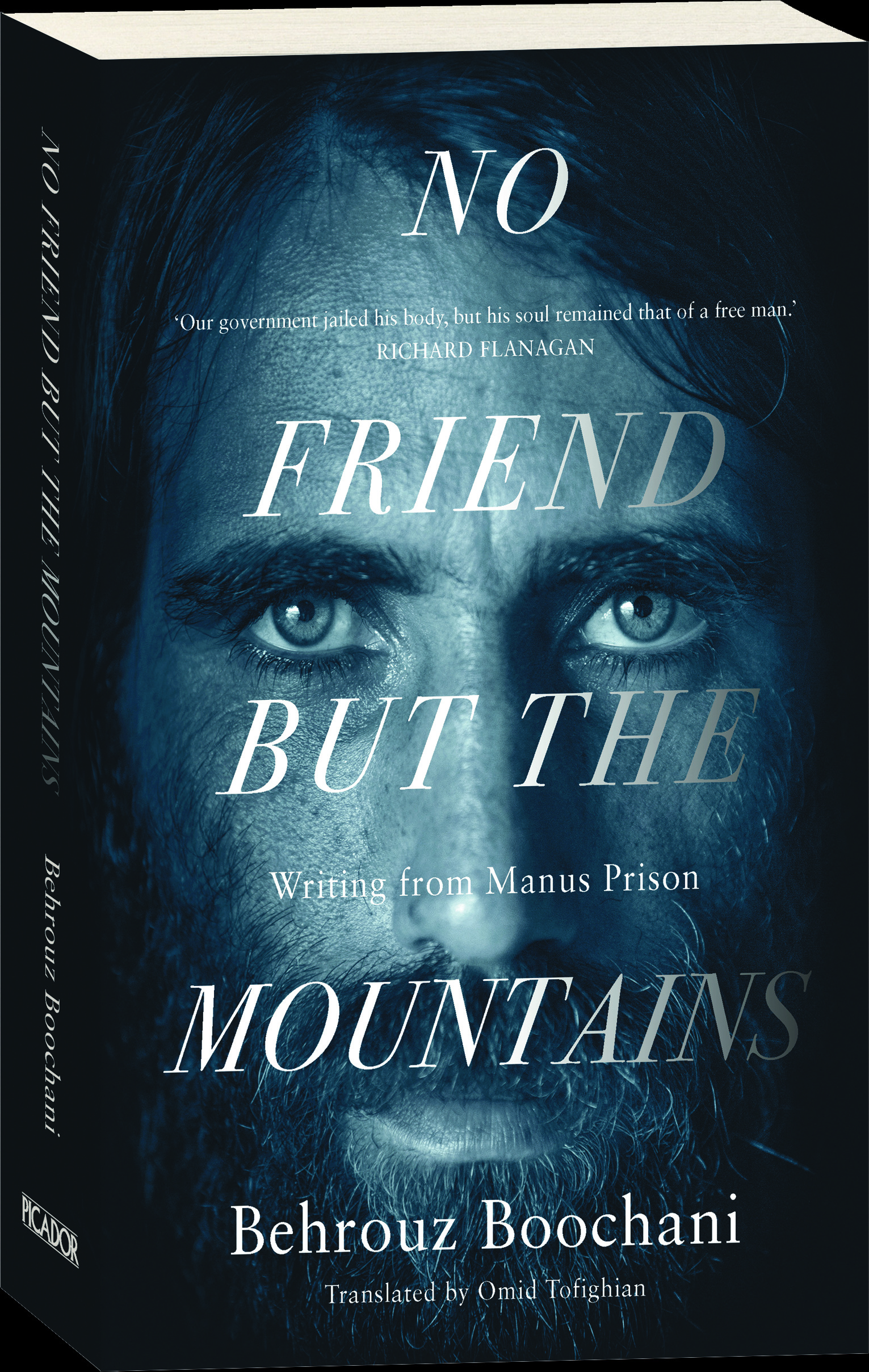
The Award-winning International Bestseller The true story of an illegally imprisoned refugee
In 2013, Kurdish journalist Behrouz Boochani sought asylum in Australia, but was instead illegally imprisoned in the country’s most notorious detention centre on Manus Island. This book is the result. Boochani spent nearly six years typing passages of this book one text at the time from a secret mobile phone in prison. Compiled and translated from Farsi, they form an incredible story of how, in escaping political persecution in Iran, he ended up trapped as a stateless person. This vivid, gripping portrait of his years of incarceration and exile shines devastating light on the facts of so many refugees as borders close around the world.
“No Friend but the Mountains” is both brave act of witness and a moving testament to the humanity of all people, in the most extreme circumstances.
“This is nonfiction at its most sublime and urgent. In No Friend but the Mountains, Behrouz Boochani documents a shameful chapter in the Western world’s response to the refugee crisis with the wisdom of a philosopher, the resilience of a survivor, and the art of a masterful storyteller. An astounding achievement.” – Kamal Al-Solaylee, awardwinning author of “Brown” and “Intolerable”.
ABOUT THE AUTHOR
Behrouz Boochani (1983) is a Kurdish-Iranian writer, journalist, scholar, cultural advocate and filmmaker. He graduated from Tarbiat Moallem University and Tarbiat Modares University, both in Tehran; and holds a Masters degree in political science, political geography and geopolitics. Boochani was a writer for Kurdish language magazine Werya; is Honorary Member of PEN International, and a multiple award winner. He publishes regularly with The Guardian, and his writing also features in The Saturday Paper, Huffington Post, New Matilda, The Financial Times and The Sydney Morning Herald.
Boochani is co-director (with Arash Kamali Sarvestani) of the 2017 feature-length film “Chauka, Please Tell Us the Time”, and collaborator on Nazanin Sahamizadeh’s play “Manus”.
“THE WOMEN”
by T.C. Boyle
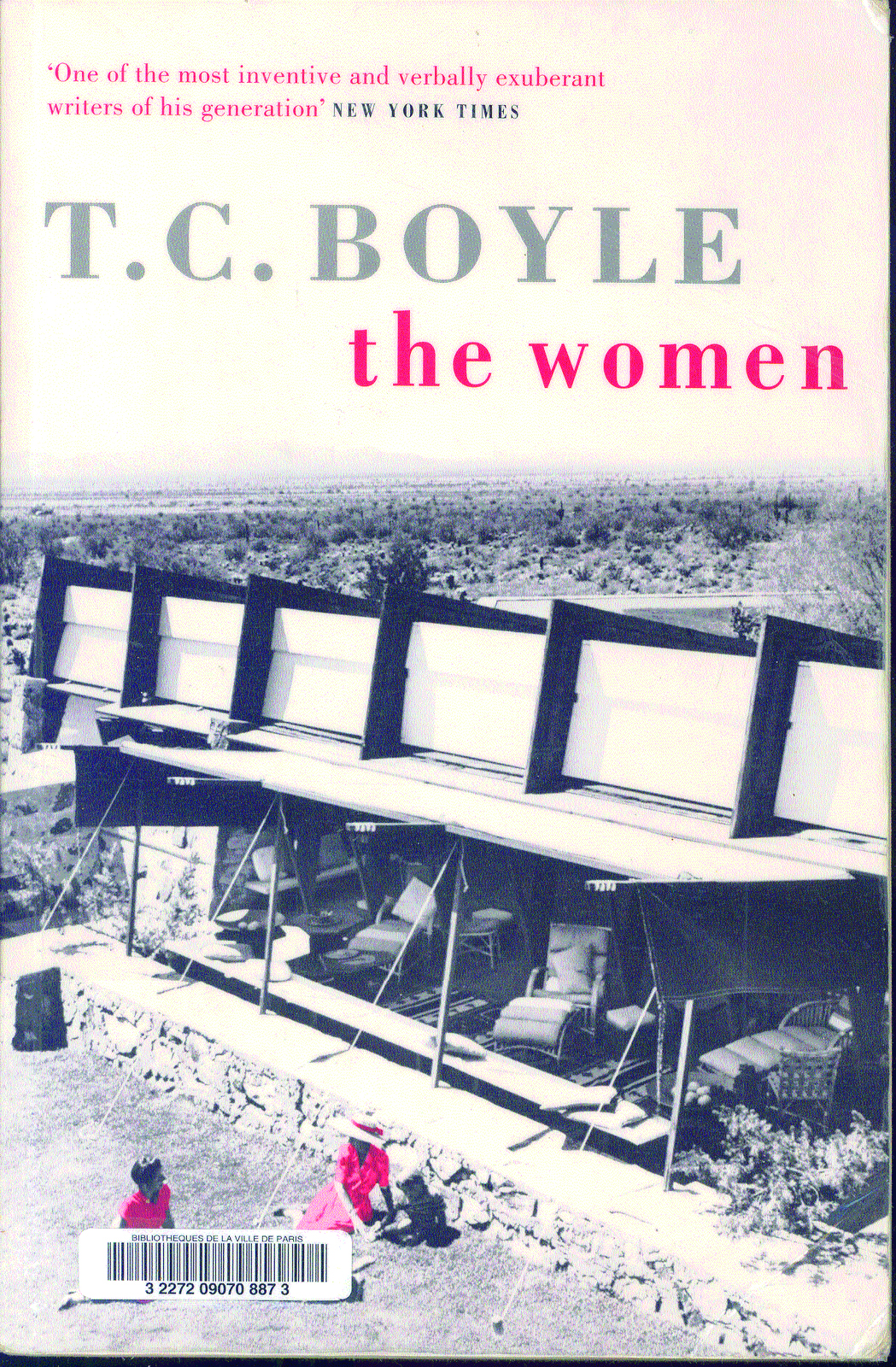
“Franck Lloyd Wright’’s three dramatic love affairs, abandoned children, scandalized headlines and cruel conflagrations…gripping” - The Times
Welcome to the troubled, tempestuous world of Franck Lloyd Wright. Scandalous affairs rage behind the closed doors, broken hearts are tossed aside, fires rip through the wings of the house and paparazzi lie in wait outside the front door for the latest tragedy in this never-ending saga. This is the home of the great architect of the twentieth century, a man of extremes in both his work and his private life: at once a force of nature and an avalanche of need and emotion that seeps aside everything in its path. Sharp, savage and subtle in equal measure, The Women plumbs the chaos, horrors and uncontainable passions of a formidable American icon.
“Boyle at his best . . . Love, not architecture, is the focus here. . . . A mesmerizing story of women who invest everything, at great risk, in that mysterious ‘bank of feeling’ named Frank Lloyd Wright. . . . Boyle doesn’t just fiddle around with familiar autobiographical material. He inhabits the space of Wright’s life and times with particular boldness.” – The New York Times Book Review
ABOUT THE AUTHOR
T.C. Boyle (1948) is an American novelist and short story writer. Since the mid-1970s, he has published twenty-eight books of fiction (novels and short stories). His novels include “The Road to Wellville”, about John Harvey Kellogg, the eccentric nutritionist and inventor of cornflakes; “The Inner Circle”, about sex researcher Alfred C. Kinsey; “World’s End”, winner of the PEN/ Faulkner Award; “Drop City”, a National Book Award finalist; and “The Tortilla Curtain”, winner of France’s Prix Médicis Étranger. Boyle has also published eight collections of short fiction, and his stories have appeared in The New Yorker, Harper’s, Esquire, The Atlantic, McSweeney’s, The Paris Review, and the Best American Short Stories and O. Henry Awards annual volumes. He currently lives in Santa Barbara, California, with his wife and three children.


